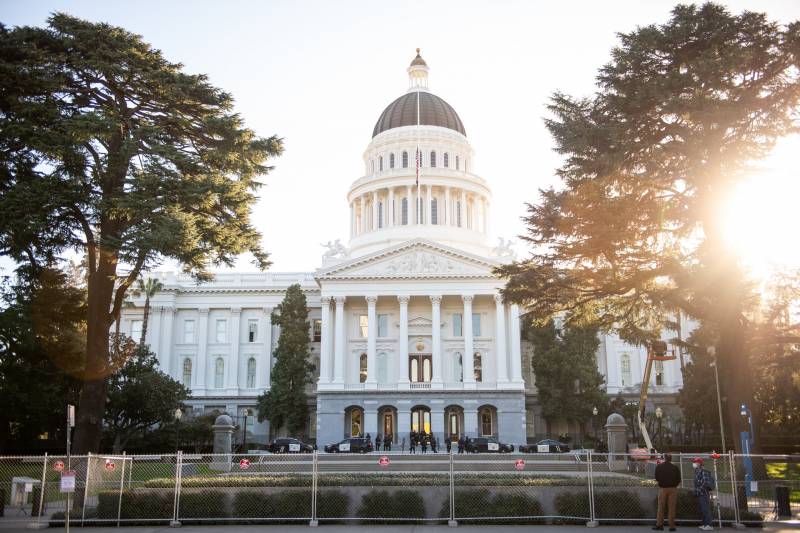“Aspects of California’s criminal legal system are undeniably broken," the report states.
“The current system has racial inequity at its core," the commission wrote, adding that inequality may be worse than imagined as "people of color are disproportionately punished under state laws.”
The group is made up of legal experts and two state lawmakers. There are 10 recommendations in its inaugural report — all focusing on changes that could be made by the Legislature, without going to voters.
Those recommendations are:
- Eliminate incarceration and reduce fines and fees for certain traffic offenses
- Require that short prison sentences be served in county jails
- End mandatory minimum sentences for nonviolent offenses
- Establish that low-value thefts without serious injury or use of a weapon are misdemeanors
- Provide guidance for judges considering sentencing enhancements
- Limit gang enhancements to the most dangerous offenses
- Retroactively apply sentence enhancements previously repealed by the Legislature
- Equalize custody credits for people who committed the same offenses, regardless of where or when they are incarcerated
- Clarify parole suitability standards to focus on risk of future violent or serious offenses
- Establish judicial process for "second look" resentencing
The commission will present the findings to the governor and lawmakers for consideration.

